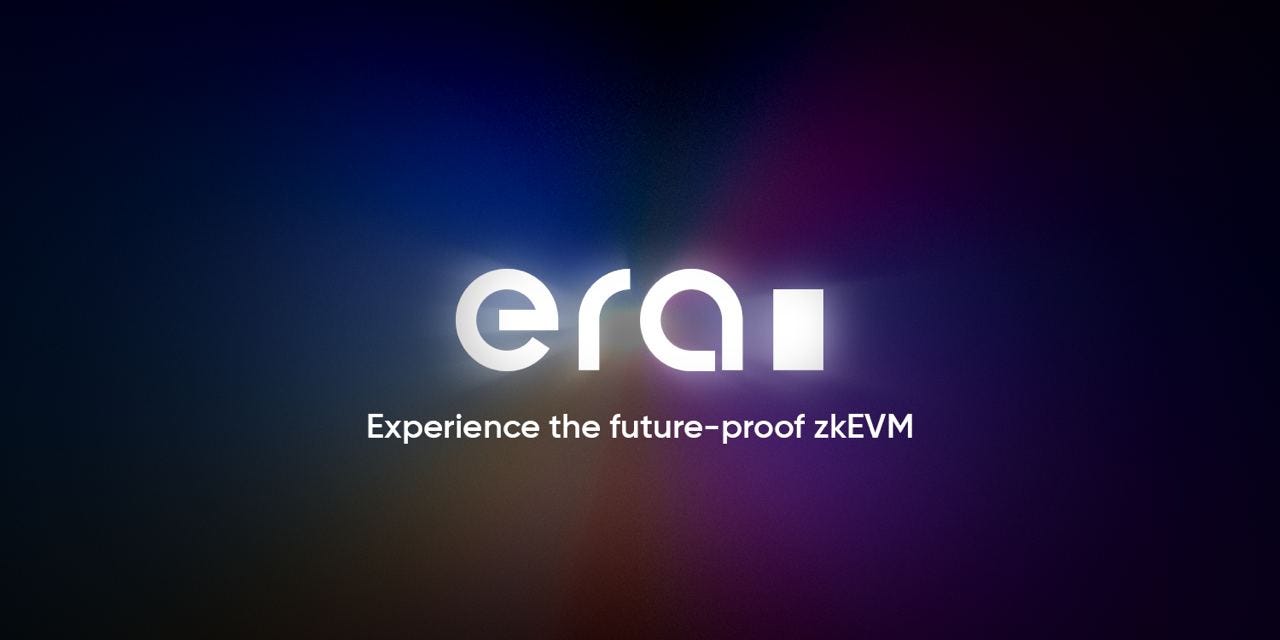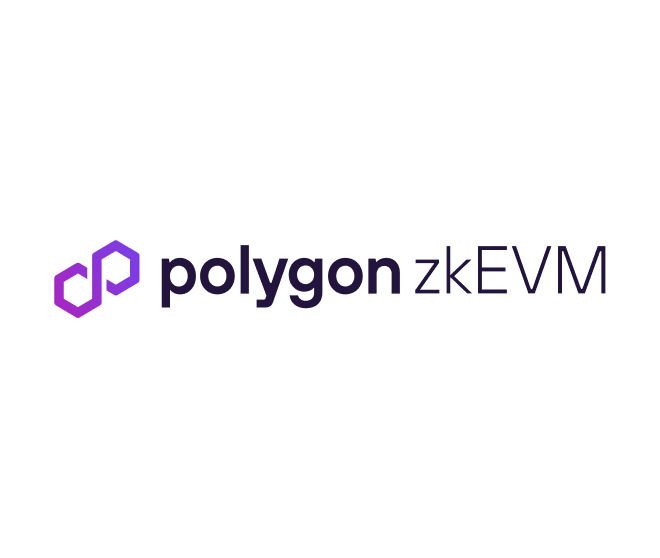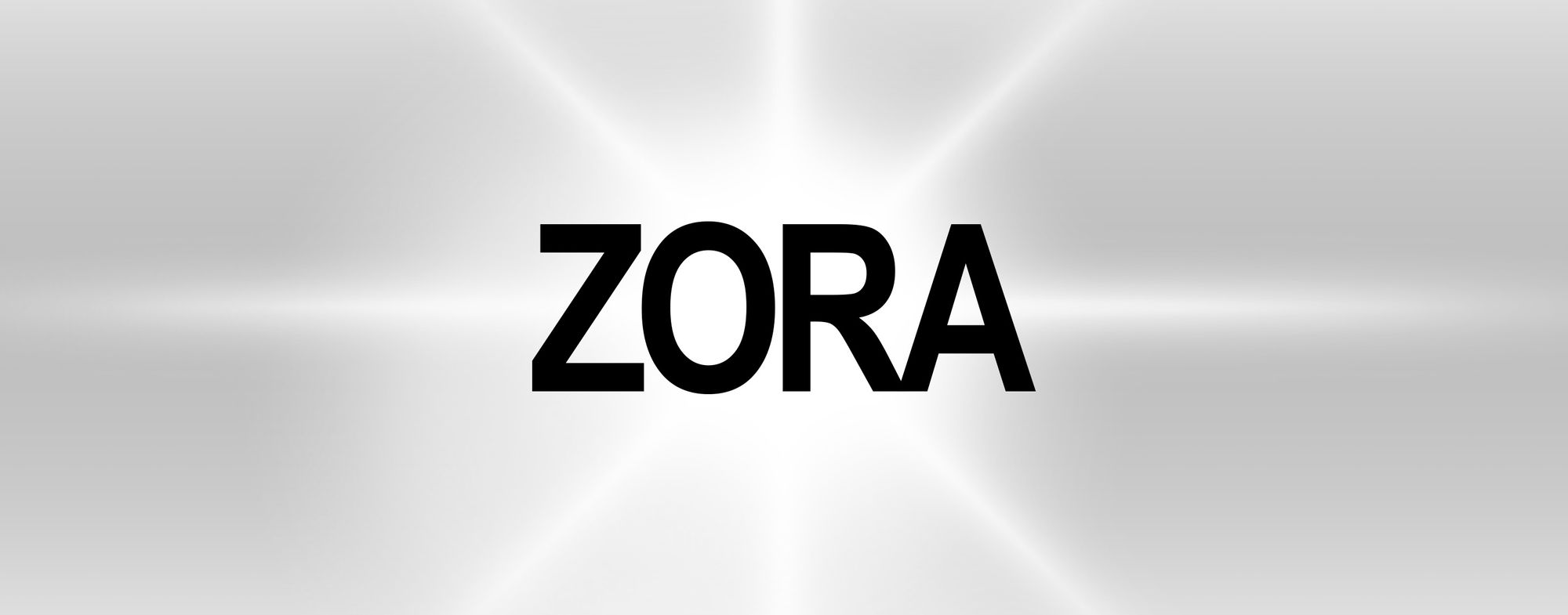What are Rollups in Blockchain?
In the realm of blockchain technology, rollups are a sophisticated scaling solution designed to enhance throughput and efficiency on blockchain networks. They achieve this by rolling up or batching multiple transactions into a single transaction. This method significantly reduces the burden on the network, enabling it to process many more transactions per second than it could otherwise handle. Rollups play a pivotal role in addressing the scalability challenges that have historically constrained blockchain networks, making them a key innovation in the quest for mass blockchain adoption.
How Do Rollups Work?
Rollups work by aggregating multiple transactions off-chain and then submitting them as a single transaction to the blockchain. This process involves two main components:
- Off-chain Aggregation: Transactions are collected and executed outside of the main blockchain (off-chain). This allows for rapid processing without immediately impacting the network's resources.
- On-chain Verification: After transactions are aggregated, the rollup submits a proof or summary of these transactions to the main blockchain. This ensures that despite the off-chain processing, the integrity and security of the transactions are maintained and verifiable on-chain.
Types of rollups





Examples of Zero Knowledge Rollups include: Polygon zkEVM, Scroll native zkEVM, Era zkEVM and Starknet L2 Validity Rollup.
Zero-Knowledge Rollups (ZK-Rollups): These use cryptographic proofs (zero-knowledge proofs) to validate the transactions off-chain before submitting a single proof to the blockchain. This method ensures privacy and security without disclosing the details of the individual transactions.



Optimistic rollups include Arbitrum, Optimism and Zora Network.
Optimistic Rollups: These assume that all transactions are valid by default and only perform full computation if a transaction is challenged. This approach optimizes for speed and efficiency, with the trade-off being a short delay in finality and dispute resolution mechanisms.
Implications of Rollups
- Scalability: Rollups can drastically increase a blockchain's capacity to process transactions, addressing one of the most significant barriers to blockchain's broader adoption.
- Reduced Fees: By batching transactions, rollups reduce the individual cost of processing transactions, making it more economical for users to interact with the blockchain.
- Enhanced Privacy: Especially with ZK-Rollups, the technology offers enhanced privacy features by validating transactions without revealing their specifics.
- Interoperability: Rollups can facilitate smoother interactions between different blockchains or layers, contributing to a more interconnected and functional blockchain ecosystem.
Conclusion
Rollups represent a vital innovation in the blockchain space, offering a promising solution to the perennial issue of scalability. By enabling higher transaction throughput, lower fees, and improved privacy, rollups are poised to play a crucial role in the evolution of blockchain technology. As the blockchain ecosystem continues to grow and evolve, the adoption of rollups and other layer 2 solutions will be critical in unlocking the full potential of blockchain for a wide array of applications and industries.
Join the Colony Community
Stay connected and dive deeper into the world of on-chain organizations with Colony. For the latest updates, insights, and discussions, follow us on our community channels:
- Website: Visit our website
- Twitter: Follow us on Twitter
- Discord: Join our Discord community
- Github: Find Colony on Github
Together, let's build the future of decentralized collaboration.